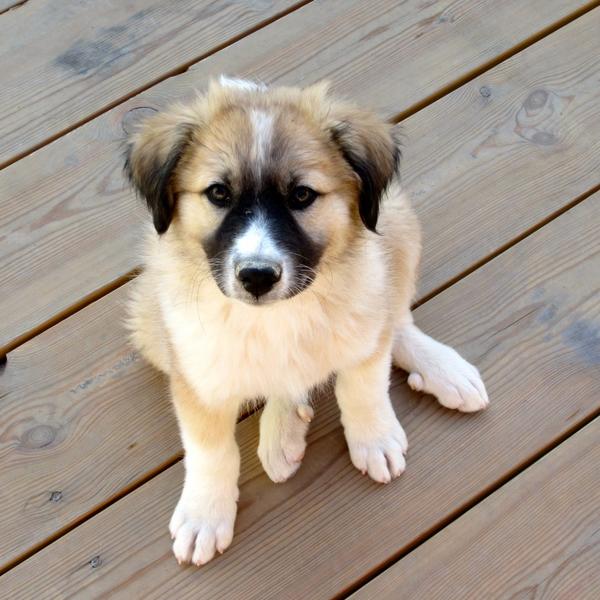
Kuchi Breed Information & Characteristics
Weight Gain Potential
Do Kuchis get fat easily?
The Kuchi is a breed that has an average to high tendency to gain weight if their weight is not closely monitored. It is important to maintain a balance between exercise and food intake to keep them at a healthy weight. This can be achieved by scheduling at least one daily walk and engaging in regular playtime with them.
Hypoallergenic
Are Kuchis Hypoallergenic?
Unfortunately, the Kuchi is not hypoallergenic, making it not a good choice for a dog lover who suffers from pet allergies.
Temperament
What is a Kuchi personality? What are Kuchi dogs best known for?
Aloof
Clownish
Dignified
Happy
Independent
Shedding Level
Are Kuchis heavy shedders? How Much Does a Kuchi Shed?
Kuchi dogs are not heavy shedders, but they will lose a significant amount of hair each year. To decrease the amount of shedding, you can regularly brush your Kuchi. This will remove loose hair and keep his coat growing in the same direction.
Watchdog Ability
What is the watchdog ability of a Kuchi dog?
The Kuchi breed is one of the worst choice if you want a good watchdog.
Ancestry
What are Kuchis descended from?
Molosser-type Dogs
Breed recognition
What organizations or kennel clubs recognize/register the Kuchi breed?
Unknown
Date of Birth
When were Kuchis first bred? How old is the Kuchi breed?
Unknown
Eye Color Possibilites
What color are Kuchi eyes?
Brown
Nose Color Possibilites
What color can Kuchi nose be naturally?
Black
Brown
Coat Color Possibilites
What color can Kuchi coat be naturally?
Black
Gray
Red
Fawn
Coat Length
How long is a Kuchis coat?
The coat of a Kuchi is longer than that of the typical dog.
Coat Density
How Dense Is The Kuchi Coat?
Coat Texture
What is the texture of the hair of a Kuchi?
Straight
Litter Size
How many puppies can a Kuchi have in a litter? How many puppies can a Kuchi have in her first litter?
A Kuchi can have a litter of 12-13 puppies on average. However, it's worth noting that the size of the litters can vary greatly. Factors that can influence litter size include the health of the mother, breeding history, and genetics.
Adaptability
Kuchi dogs generally adapt well to changes in lifestyle and different living environments, but it is considered as an average level of adaptability compared to other breeds.
Health Issues
Do Kuchis have a lot of health problems?
The Kuchi is generally considered to be healthy. However, like all breeds, they are susceptible to certain health issues and it is important to keep an eye out for them and address them with your veterinarian as needed.
Major Concerns
What are the major health concerns to be aware of when owning a Kuchi?
Hip And Elbow Dysplasia
Minor Concerns
What are the less significant issues to keep in mind when it comes to Kuchis?
Bloat
Occasional Tests
What are the occasional tests recommended for Kuchi breed?
Yearly Physical Examination
OFA on hips and elbows
Energy
Do Kuchis have a lot of energy?
Kuchis are known for their high energy levels, so if you're looking for a more low-key dog, this breed may not be the best choice.
Social Needs
Do Kuchis need socialization? How social are Kuchis?
Kuchis have average social needs compared to other breeds. They are known to be less active and independent than other breeds, and they are content with spending time alone and with their human family.
Exercise Needed
How much exercise should Kuchis get?
The Kuchi dog needs significant physical activity to maintain a healthy lifestyle. They are also well-suited for those who lead an active lifestyle and enjoy activities such as running, hiking, or other outdoor pursuits.
Sleeping Need
How much sleep should a Kuchi have? Do Kuchis sleep a lot?
Kuchis dogs are tend to sleep less than other breeds, but they still require adequate sleep to maintain good health.
Drooling Tendency
Does a Kuchi drool a lot?
The Kuchi is a breed that is known for drooling quite a lot. Drooling is the unintentional flow of saliva outside of the mouth and can be a normal characteristic of certain breeds. Kuchi is one of them. If you dislike the presence of drool and the potential for saliva spots on your clothes, it may be best to consider a different dog breed. Drooling is a normal part of their physiology but it's important to consider if it's something you can handle.
Tendency to Bark
How much does it bark?
Kuchis tend to bark moderately, they bark when necessary, such as to alert their owner or to communicate something. They may also bark due to certain triggers like fear, alarm, boredom, greeting, separation anxiety and compulsive barking.
Territorial
Do Kuchis exhibit aggressive behavior to safeguard their home and territory? Do they possess a natural tendency to guard?
These dogs are known for being extremely protective and make excellent guard dogs. They possess a strong instinct to defend their territory and owners and have a high level of vigilance and alertness.
Mouthiness
Are Kuchis mouthy?
Roaming urge
What is the likelihood of a Kuchi running away? Do they have a tendency to explore or wander frequently?
Prey Drive
Do Kuchi dogs have a high prey drive?
Past times
What do Kuchis enjoy doing? How do I keep my Kuchi busy?
Agility
Activity Level
What is the energy level of a Kuchi? How much energy does a Kuchi have?
Kuchis are medium-energy dogs and typically enjoy socializing and playing casual or even sustained games of chase with other dogs. They may also have occasional periods of barking or racing around the house.
Tolerance of being left alone
Walks per Week
How far should a Kuchi walk each week? How many miles should a Kuchi walk every week?
There's really no limit to how far you walk your dog as long as they're comfortable. For Kuchi, it's at least 10 miles / week. Just remember to build distance and stamina gradually over time.
Activity per Day
How much a Kuchi should exercise a day? How much activity does a Kuchi need?
In general most Kuchis usually need at least 45 minutes of exercise daily. This can be spread across the day and include all sorts of high-energy activities, like walking, running and playing.
Grooming
What level of grooming should be provided for a Kuchi?
The Kuchi is a breed of dog that is known for its low grooming needs.
Brushing Frequency
How often should you brush a Kuchi?
Kuchi should be brushed at least once a week. Of course you can give them more frequent brushes if you find that they are still shedding a lot
Brushing Tools
What are the most commonly used brushing tools for Kuchis?
Pin Brush
Dematter
Deshedder
Nail Clipper
Cups
How many cups of food does a Kuchi eat?
For an average 88-176 pound (40 - 80 kg) Kuchi feed 3.4 cups daily. But, keep in mind, the amount you feed is going to be dependent on the quality of the food you are feeding.
Daily Cost
How Much Does a Kuchi Cost Daily?
The average cost of a Kuchi is somewhere $3.90 - $4.20 per day.
Monthly Cost
How Much Does a Kuchi Cost Per Month?
The average per month expenses of a Kuchi is between $112 - $126. This makes an average of $1344 - $1512 per year. It will be on the higher side when the dog is still small because it will need more frequent visits to the vet, shots.
Intelligence
How intelligent is a Kuchi?
The Kuchi have the lowest degree of obedience intelligence. This breed is an independent "freethinker" and gets on the dumbest dog breeds list since they can also be stubborn — training a Kuchi is an exercise in patience.
Sensitivity Level
How sensitive is a Kuchi dog?
This dog breed is particularly attuned to its environment and the emotions of those around it. It can be easily overwhelmed by loud noises, new environments, and unfamiliar people or animals. This dog is best suited for individuals or families who are patient, gentle, and understanding of its sensitive nature. It may also benefit from a calm and stable home environment, with a consistent routine and plenty of positive reinforcement training.
Affection Dependance
Are Kuchi dogs affectionate?
Apartment Friendly
Do Kuchi do well in apartments? Are Kuchis good indoor dogs?
The Kuchi is not an apartment-friendly dog breed. This dog breed is best in a home with a large, fenced-in yard. They are not suited for apartment life and can become destructive due to pent up energy from being in a small space.
Child Friendly
Are Kuchis good with kids? Are Kuchis good around children?
Kuchis are kid-friendly dogs. They are good with children and excellent dogs with children if they are socialized and trained at a young age.
Senior-friendly
Are Kuchis good for elderly?
Cat Friendly
Are Kuchis good with cats? How friendly Kuchis are toward cats?
Kuchis are below average friendly toward cats. But with the right training and socialization, Kuchis can be good with cats,
Dog Friendly
Do Kuchi dogs get along with other dogs? Are Kuchis OK with other dogs?
Kuchis are average friendly towards other dogs. If they are raised with other dogs, they are likely to get along with them. And, if they are socialized properly from a young age, they will usually be great with other dogs.
Pet friendly
How do Kuchi dogs interact with other pets? Are they considered pet-friendly?
Stranger Friendly
Are Kuchis friendly with strangers?
Kuchis are below average friendly around strangers. Keen of eye and sharp of tongue, most Kuchis are very quick to announce strangers at the door. Once the visitor comes in, some Kuchis will be friendly and outgoing. But many others have the standoffish or suspicious towards strangers.
Playfulness
Do Kuchis like to play? Are Kuchis playful?
The Kuchi is a playful dog. So, no matter how busy the day may get, the best thing you can do for your Kuchi is to make time each day to play. It can be as little as 15-20 minutes, and it will mean the world to them.
Trainability
Are Kuchi easily trained?
Kuchi dogs are usually easy to train, but may require consistency to fully obey commands.
Compare Kuchi with other breeds
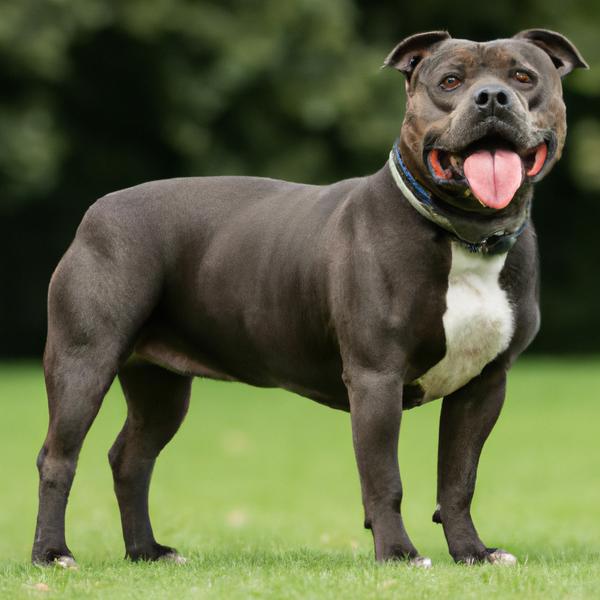
American Bully Staffy Bull Terrier
Kuchi vs American Bully Staffy Bull Terrier
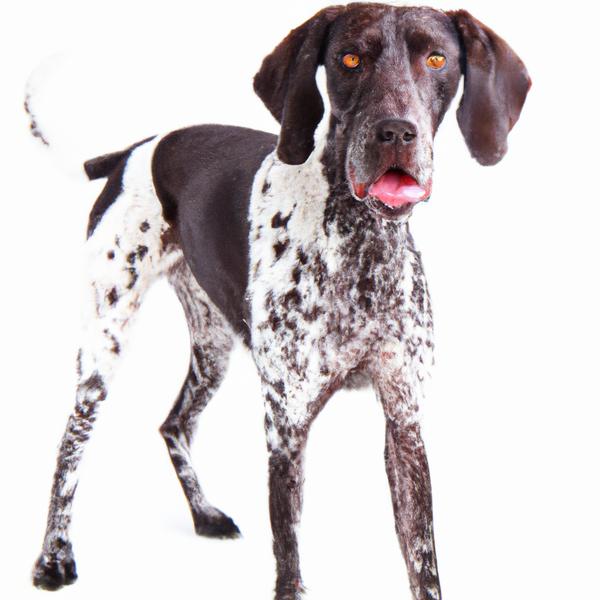
Lab-Pointer
Kuchi vs Lab-Pointer
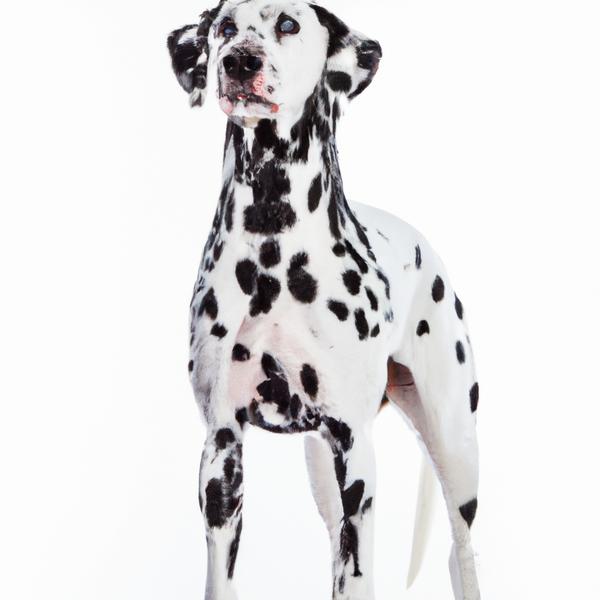
Dalmatian
Kuchi vs Dalmatian
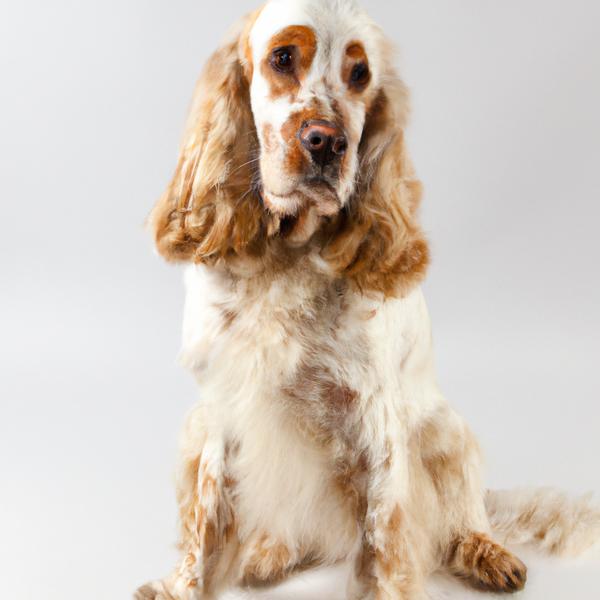
Clumber Spaniel
Kuchi vs Clumber Spaniel
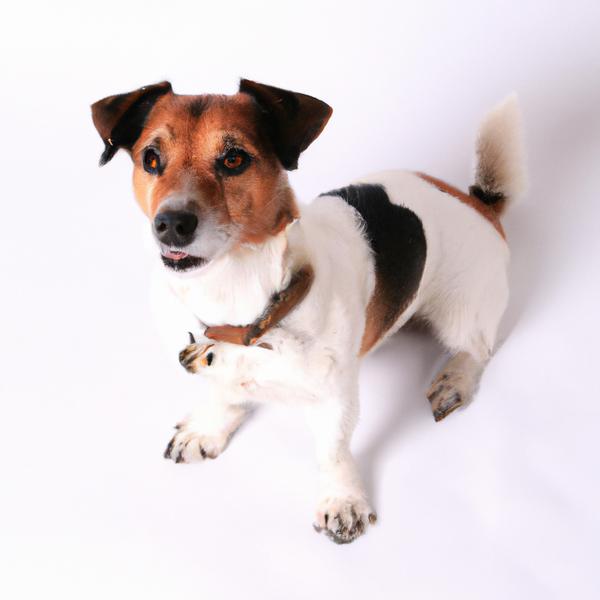
Jarkie
Kuchi vs Jarkie
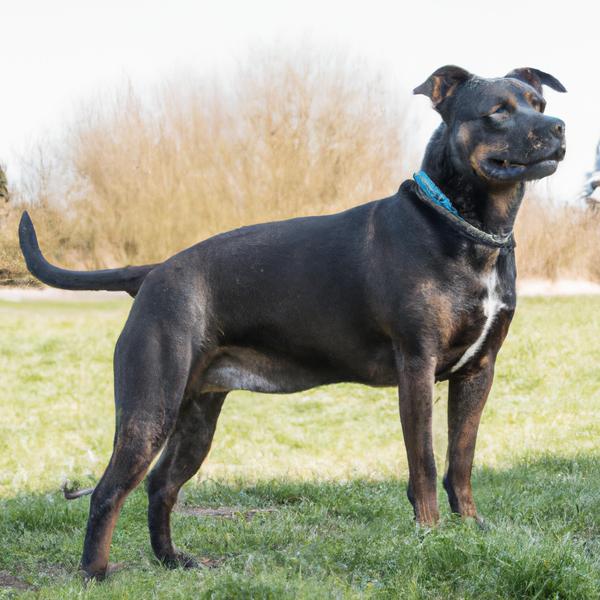
Staffweiler
Kuchi vs Staffweiler
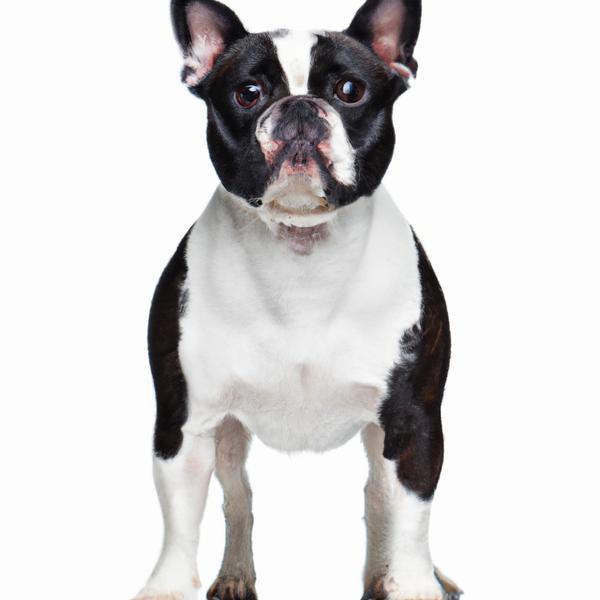
American French Bulldog
Kuchi vs American French Bulldog
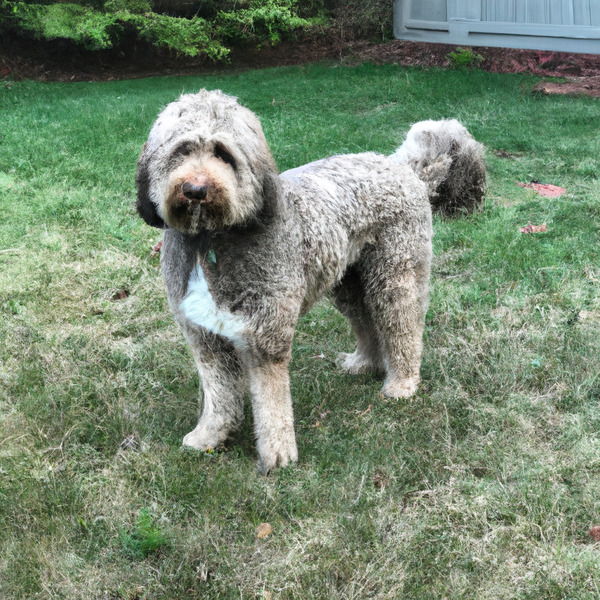
Whoodle
Kuchi vs Whoodle

Doxle
Kuchi vs Doxle
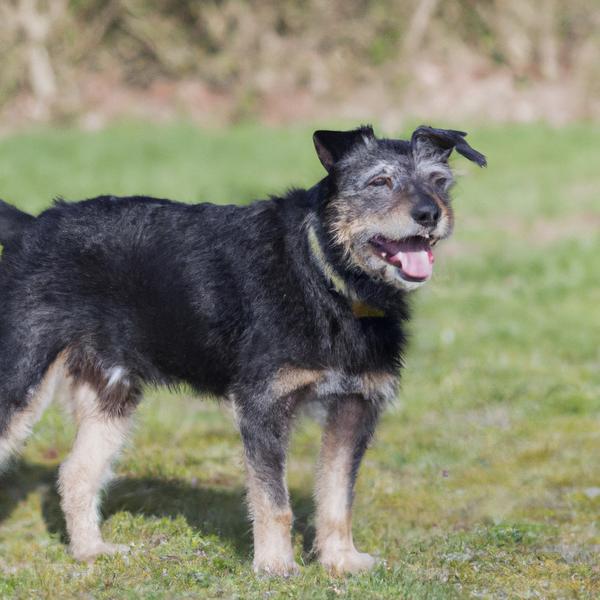
Brusston
Kuchi vs Brusston
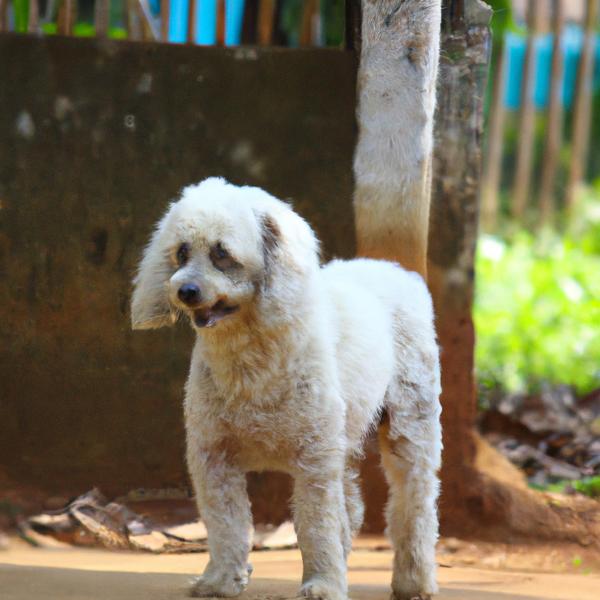
Poovanese
Kuchi vs Poovanese
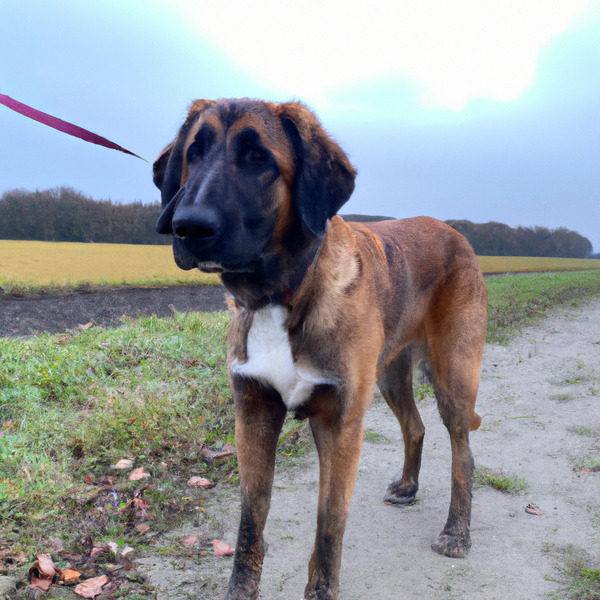
Dutch Smoushond
Kuchi vs Dutch Smoushond